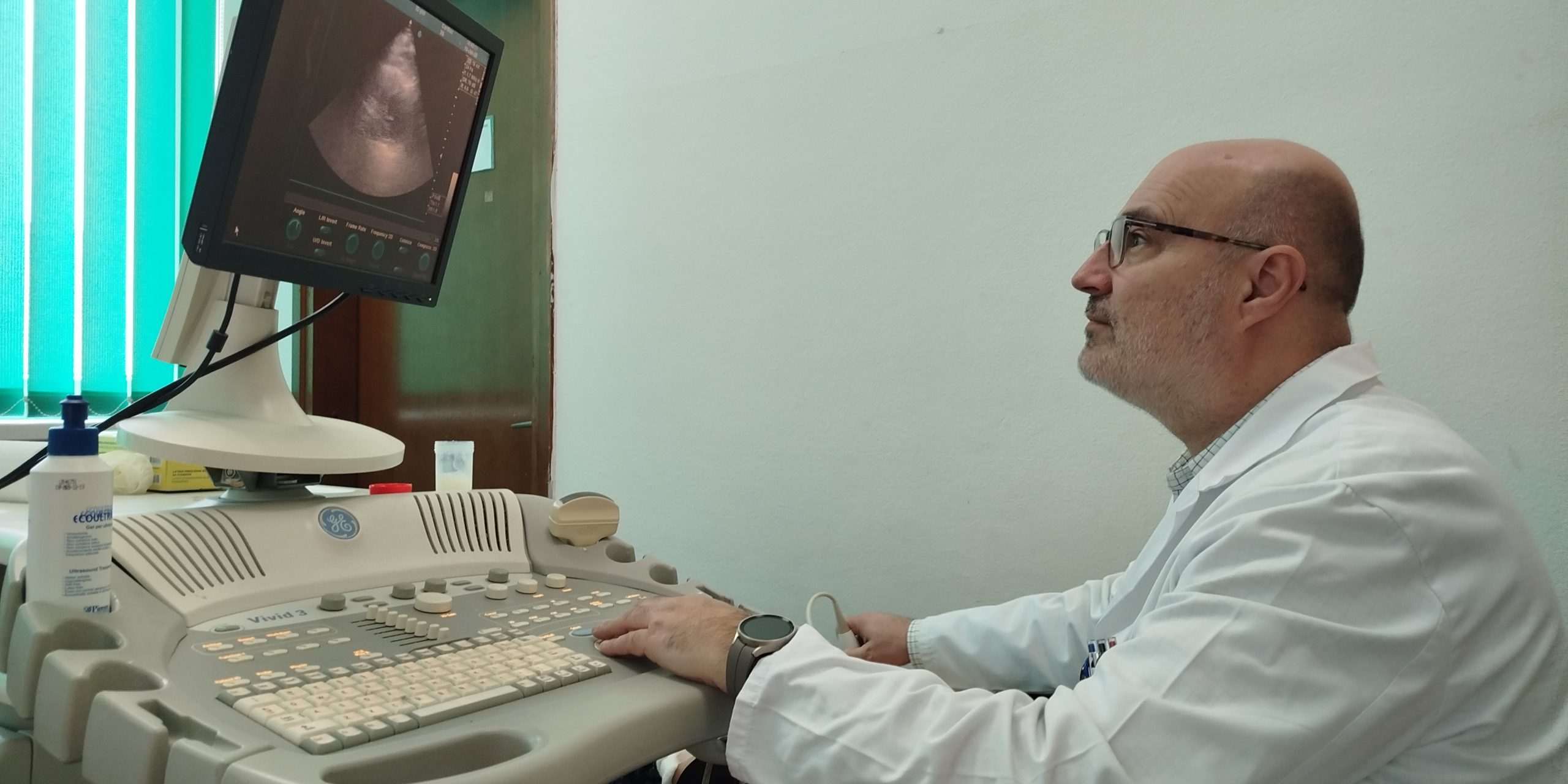The increase in patient visits to the outpatient clinic of the Clinic for Internal Medicine is attributed to cold weather conditions. According to Assoc. Prof. Dr. Elnur Smajić, Head of the Clinic for Internal Medicine at the University Clinical Center Tuzla, the past two months of fluctuating temperatures have led to a rise in patients with cardiovascular diseases. “Temperature fluctuations negatively impact patients with cardiovascular conditions. In cold weather, blood vessels constrict, potentially triggering angina pectoris or myocardial infarction, while in warmer weather, blood vessels dilate, which can cause lower blood pressure and related symptoms. We have observed a notable increase in patient influx at our admission clinic during both regular and on-call hours, particularly following sudden temperature and humidity changes,” emphasized Dr. Smajić.
According to him, it is recommended that when venturing outside in cold temperatures, individuals should gradually acclimate to the cold air to prevent angina pectoris attacks. This advice is particularly crucial for patients with ischemic heart disease and those undergoing treatment for the aftermath of a myocardial infarction. He also stressed the importance of following medical advice on lifestyle modifications and adhering to prescribed therapies. “If patients suddenly notice changes in their health, they must promptly contact their doctor or a family medicine specialist, who will then initiate the necessary diagnostic and therapeutic procedures,” emphasized Assoc. Prof. Dr. Elnur Smajić, Head of the Clinic for Internal Medicine.
It is important to emphasize that cardiovascular diseases are a major scourge of the 21st century, claiming the lives of around 20 million people worldwide each year. Bosnia and Herzegovina is also part of this grim statistic, with a growing number of patients diagnosed with these conditions. Alarmingly, there is an increasing incidence among young people, which is cause for concern.







